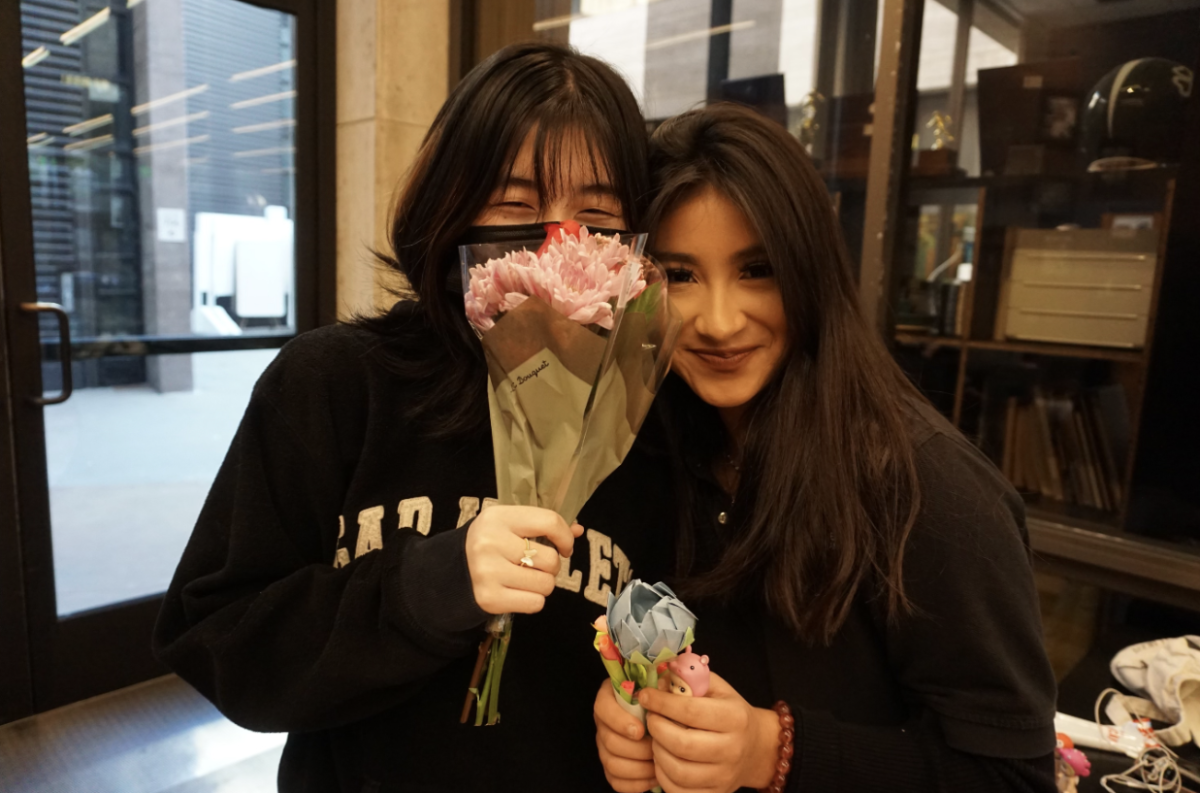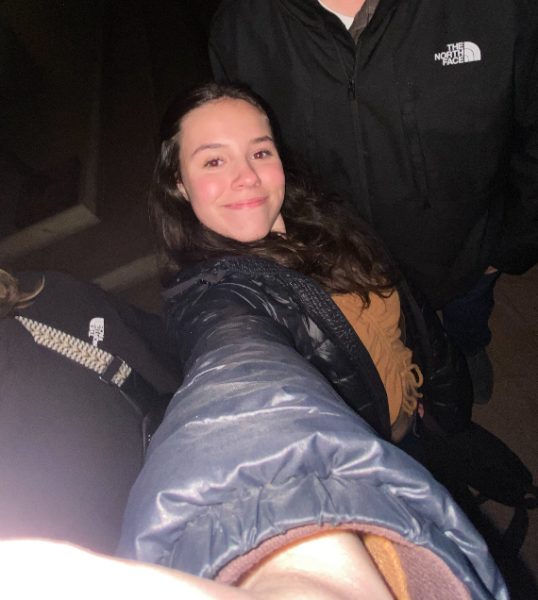As TikTok has become a ticking time bomb trying to outrace its American ban, different SHC faculty members present varying opinions, ranging from different age groups and user consumption.
Short-video media has been a staple of American culture for decades. Starting with platforms such as YouTube and Vine in the early 2000-2010s, video content over the years has transformed from long videos into short ones. After being bought by Chinese company ByteDance in 2018, TikTok has grown to one of the most popular social media platforms in the United States. It has faced major backlash in recent years, beginning in 2020 from President Donald Trump. More recently, during President Biden’s term, Congress presented TikTok as a platform with increasing risks, including a harmful algorithm and toxic content, ultimately classifying it as a threat to national security.
Mr. Dabney Standley, Director of the Inquiry and Innovation Program and Social Studies Instructor, while not having TikTok personally, speaks to his opinion on the app: “My understanding is TikTok has a really amazing algorithm showing you things that you’re going to like and be interested in. I think actually there’s a lot of critical thinking that goes into the videos and [is required for viewers] to fully enjoy it.” But despite the fact that TikTok is a widespread news source that still requires critical thinking to produce and consume, Mr. Standley prefers “legacy,” or traditional news sources like the New York Times. He personally believes that using social media like TikTok as a news source “is abdicating a trained, professional journalist with all of their ethical and background writing skills for an algorithm that effectively lets the user choose something.” So, although Mr. Standley believes that TikTok is an asset and requires critical thinking skills to operate, it is also a bit of a detriment to the field of journalism.
In March of 2024, the House of Representatives passed a bill to ban the app, and after a lengthy legal process, this took effect on January 19th. The ban, however, began one day early at 10:30 EST on January 18th, 2025. Three notifications were issued to users in total over the course of the ban and its resolution, and all three thanked “President Trump” for saving the platform, despite the actions all happening before his inauguration and before he was President.
Similar to Mr. Standley, Mr. Richard Sansoe, Instructor of Social Studies, does not have any social media. However, he strongly enforces consciousness regarding TikTok as a media and news source. Sansoe explains how technology is a double-edged sword — a force for good and negativity. In serious conversations regarding politics, race, sexuality, etc, teachers need to be aware of how their students are affected by online media. He states that “people want instant answers and gratification” but asserts that “that’s not how it works.” He stresses awareness with technology, but doesn’t believe a full ban on TikTok will change views.
TikTok user Ms. Carri Polizzotti, Instructor of Science, responded to the app’s ban with a different perspective than SHC’s history teachers; the allegations of data breaching “never affected me because I think everybody’s [info] is already out there. And for China having it versus the U. S. having it, to me, it’s not a big difference.” Many American TikTok users agree with this sentiment, since other companies such as the social media giant Meta have also been investigated for illegally stealing American data with no legal action being taken against them in Congress.
Many people like Mr. Peter Danison, Instructor of Sciences, view TikTok as an essential tool used by our younger generations. With 40% of young people admitting to using the platform as a news source to educate themselves on current issues, he believes that “there’s positives and negatives [to social media like TikTok]. I think it can help you learn about stuff and get interested in topics, but at the same time, it’s definitely a distraction tool.”
With the fate of TikTok now in President Donald Trump’s hands, he signed an executive order to extend the ban instatement for 90 days to give ByteDance the opportunity to seek a 50-50 joint venture between the Chinese owners and a new American one. The announcement could serve to paint President Trump as a hero to America’s youth.
Even though not all teachers we interviewed have the app, it’s clear that TikTok has made a large impression on pop culture and our society. Over the past week, with the ban, its reinstatement, and the inauguration, TikTok has been in headlines and made its way into the forefront of people’s minds. Students and teachers alike have strong opinions on the social media app and its short-lived ban, as well as the implication it has on our society in general.
















